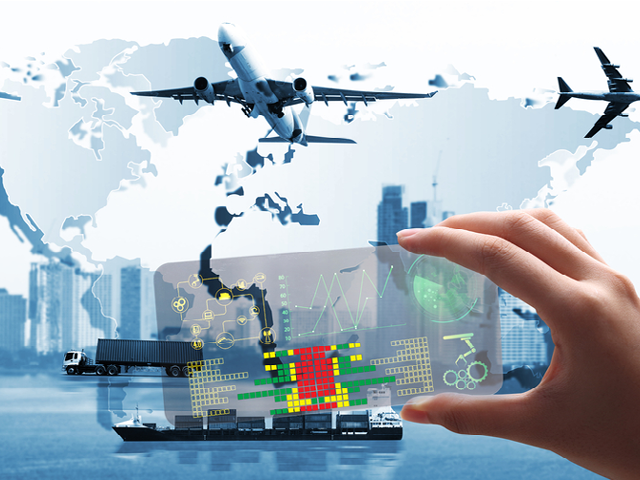The Supply Chain Is Becoming More Transparent With Blockchain Technology
22. 05. 2018
Whereas only yesterday logistics was based on trusting the supplier and/or agencies that check the compliance of products with quality standards, today the logistics process is becoming more transparent due to blockchain technology.
When goods change hands, the information about the product also needs to be handed over. As this information affects price, quality, customs, logistics and other procedures, it is crucial that it is reliable.
We rely on institutions (which also have their own interests) and paper documents (where errors can easily occur or forgery is even possible). False receipts of goods, the unexplained origin of a consignment, and poor quality of supplied goods represent a constant danger to global business of today. Companies are therefore forced to rely mainly on their own system of controls, which requires a lot of time and money.
Blockchain Infrastructure Is Independent and Objective
Blockchain technology is not based on trust; it is independent and objective. It offers an economical and efficient solution: easily accessible and unerasable records saved in a decentralised register. The system is based on mathematics (cryptography), which is intrinsically objective and fair.
The information saved in the logistics blockchain system can therefore no longer be changed or lost while the goods travel along the supply chain. Thus, for example, a record on a palette, its number (SSCC) and contents is a credible reference for control at any point in the supply chain. The record on the origin of the goods on a palette (e.g., "fair trade" or "organically produced") is available to all eligible users of the supply chain.
Simple Access to Information and Automated Implementation of Arrangements
With blockchain, the access to information has been greatly simplified and the number of partners is not limited. On the one hand, this enables the targeted recall of products with the help of detailed information on components that are recorded in the blockchain, and, on the other, it provides clear information on where the problem occurred and who needs to eliminate it.
Additional applications also enable simple implementation of arrangements: once the pre-programmed conditions have been fulfilled, the ownership of the record is transferred to the recipient. When the carrier receives payment, they automatically, in a fast and paperless manner, transfer the right to the goods to the pre-determined operator. Transactions are thus simplified, traceable and reliable.
The story of blockchain in logistics is not over yet. IT experts are already thinking ahead and forging new solutions that might be made possible with new technology.

